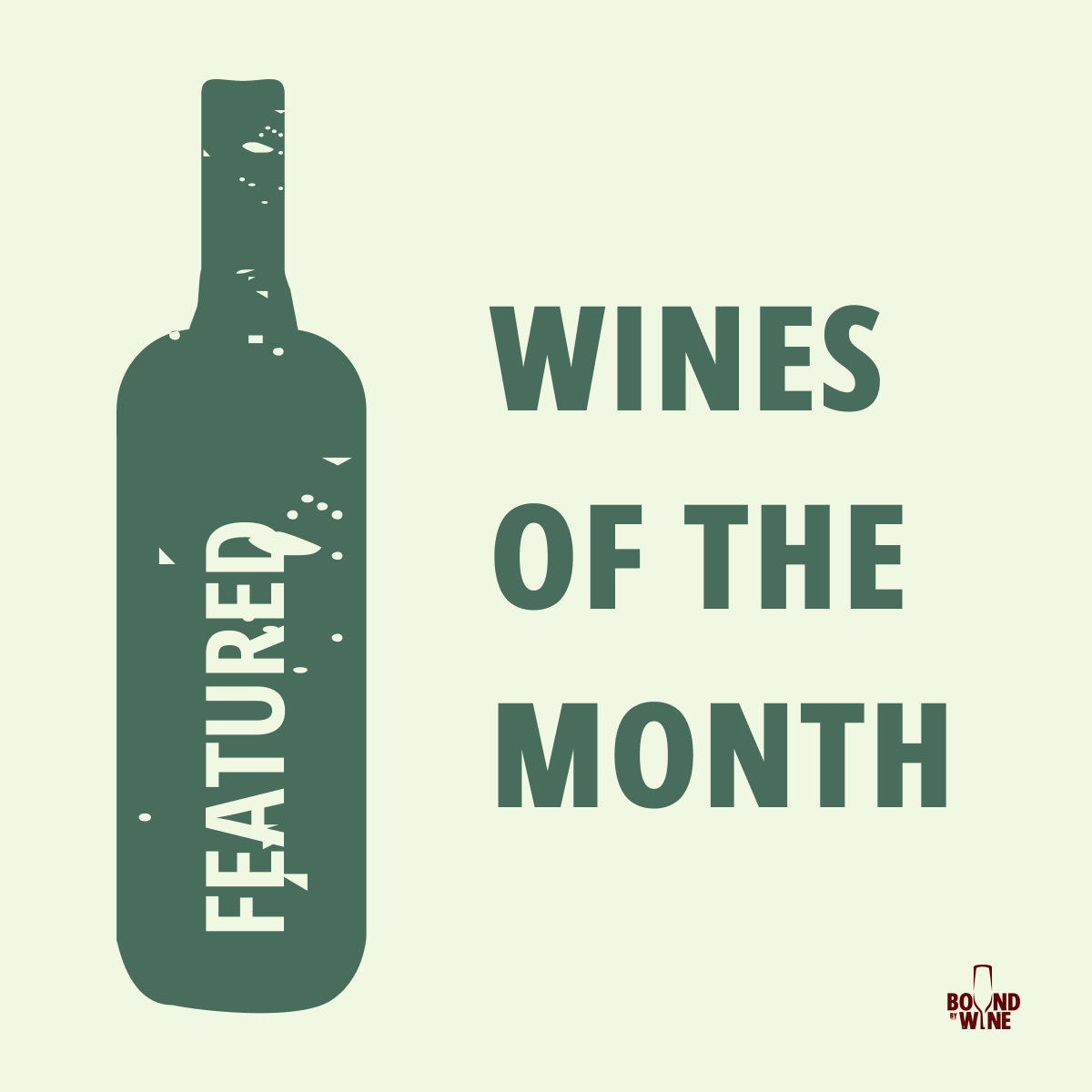Liechtenstein
The wines of Liechtenstein are characterized by their unique terroir, which is influenced by the country's alpine climate, steep slopes, and granite-rich soils. The vineyards in Liechtenstein are typically located on south-facing slopes, which receive ample sunlight and warmth, allowing for the production of quality grapes.
The most commonly grown grape varieties in Liechtenstein are Pinot Noir, Pinot Blanc, and Chardonnay, although other varieties such as Gamaret, Riesling, and Gewürztraminer are also grown in smaller quantities. Liechtenstein's winemakers are known for their dedication to quality and often use traditional winemaking practices combined with modern techniques to produce distinctive and elegant wines.



























































